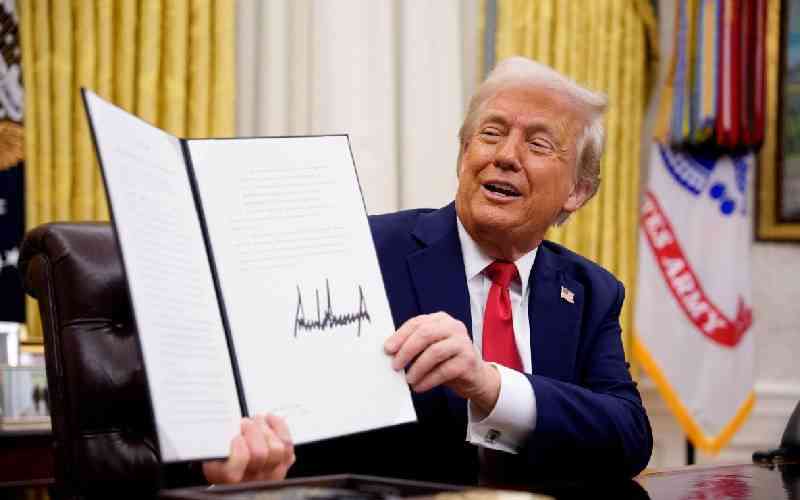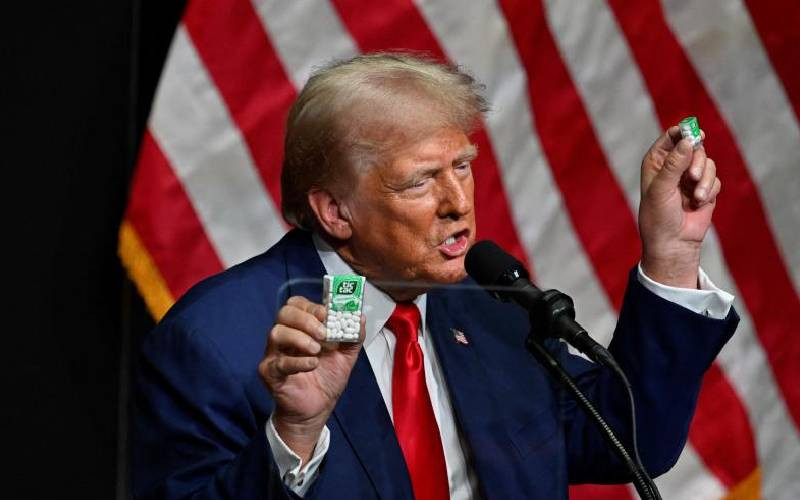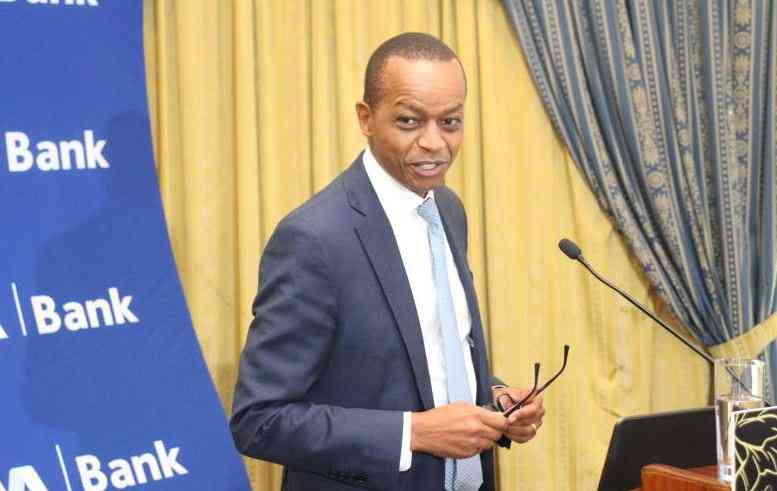
In the evolving healthcare landscape in Kenya, a growing concern is emerging. Medical professionals, particularly doctors and staff in public hospitals, are increasingly operating private pharmacies and healthcare facilities alongside their public duties. This dual role, while seemingly innocuous, raises serious ethical concerns, creating a conflict of interest that threatens the integrity of public healthcare.
Across Kenya, it's not odd to find private clinics and pharmacies conveniently located near public hospitals. These establishments, sometimes run by the same personnel who work in the public sector, have stepped in to fill gaps occasioned by governance gaps, and manifested through drug shortages, lack of specialised personnel, old and broken down equipment, poor sanitation, among others, in government facilities.
While this seems to be a temporary solution to the patients and their relatives, it has sparked conversations on corruption and profiteering.
A striking example occurred during Mike Sonko's tenure as Nairobi Governor, when over 30 such businesses were targeted for allegedly benefiting from the theft of public hospital supplies.
This scenario is not unique to Kenya.
Across Africa, the healthcare system has developed a dual face, with public and private sectors working side by side, often unequally and not purely symbiotically, despite it being propped up to be so.
The World Health Organization (WHO) warns that such a divide can exacerbate health inequities, with wealthier individuals accessing higher-quality care while those in need are left to contend with underfunded public facilities.
In sub-Saharan Africa, only 34 percent of people have access to essential health services, a gap that the private sector frequently tries to fill. However, this patchwork approach often drives up costs, making healthcare less affordable for the majority.
In Kenya, the challenges are all too familiar.
The Ministry of Health’s stratified system - especially in referral hospitals like Level 4 and 5 institutions - faces chronic shortages of medications. Nearly half of the population pays for healthcare out-of-pocket, a financial burden that can be devastating for some families.
Private clinics, with their proximity to public hospitals, often exacerbate these challenges, diverting patients and resources away from public care. The USAID has expressed concerns that many of these unregulated establishments undermine healthcare delivery by creating an unequal distribution of resources.
Amidst these challenges, a pivotal initiative was approved during the 34th ordinary session of the Nairobi County Executive Committee, with the establishment of revolving fund model pharmacies within Level 4 and 5 hospitals. This initiative is designed to address the chronic drug shortages that plague public healthcare facilities.
As Kenya navigates the complex relationship between public and private healthcare, the stakes are high. Striking the right balance could mean the difference between a divided healthcare system and one that serves all its people with dignity.
Only time will tell if these efforts can bridge the gap and ensure that healthcare is a right, not a privilege, for every Kenyan.
 The Standard Group Plc is a multi-media organization with investments in media
platforms spanning newspaper print operations, television, radio broadcasting,
digital and online services. The Standard Group is recognized as a leading
multi-media house in Kenya with a key influence in matters of national and
international interest.
The Standard Group Plc is a multi-media organization with investments in media
platforms spanning newspaper print operations, television, radio broadcasting,
digital and online services. The Standard Group is recognized as a leading
multi-media house in Kenya with a key influence in matters of national and
international interest.
 The Standard Group Plc is a multi-media organization with investments in media
platforms spanning newspaper print operations, television, radio broadcasting,
digital and online services. The Standard Group is recognized as a leading
multi-media house in Kenya with a key influence in matters of national and
international interest.
The Standard Group Plc is a multi-media organization with investments in media
platforms spanning newspaper print operations, television, radio broadcasting,
digital and online services. The Standard Group is recognized as a leading
multi-media house in Kenya with a key influence in matters of national and
international interest.











